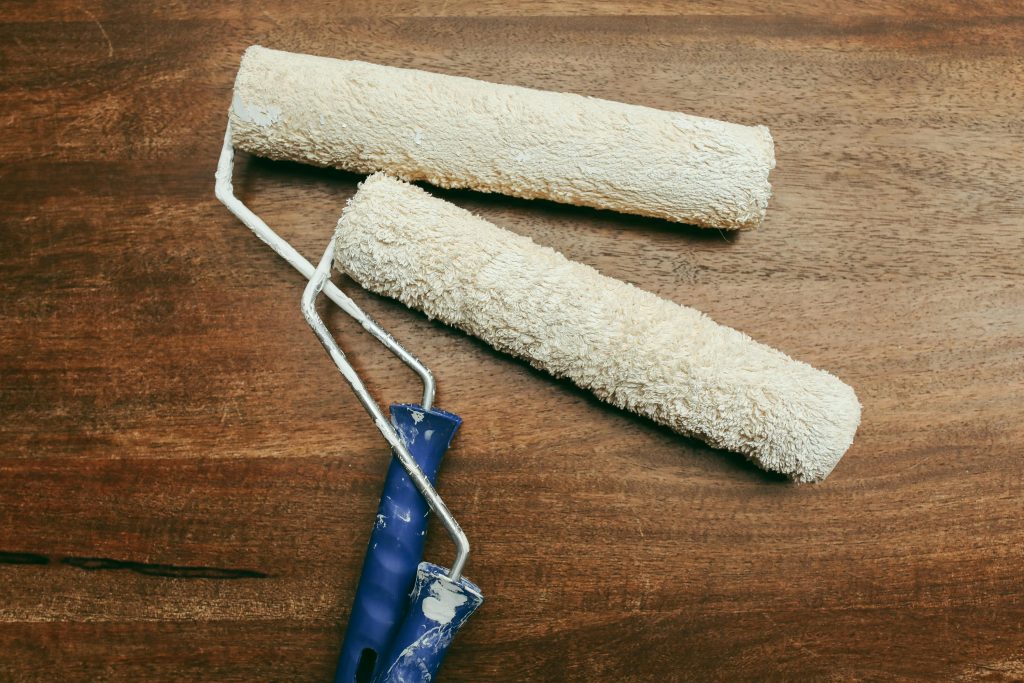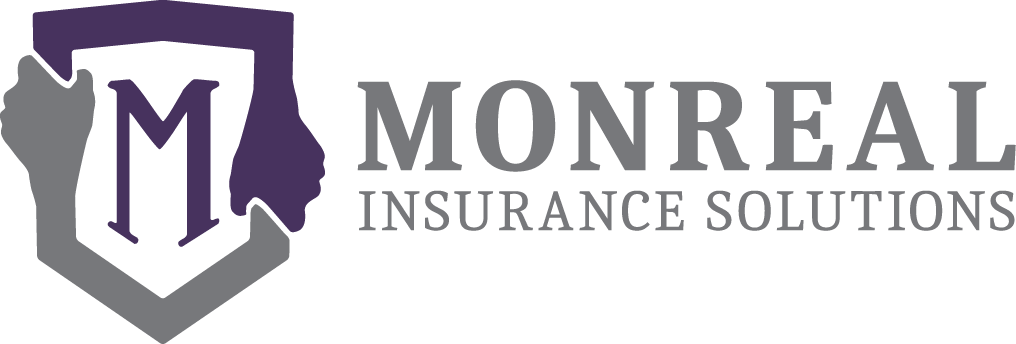
Professional painters face unique risks every day on the job—whether it’s a paint spill on a client’s property, an injured employee from a ladder fall, or stolen tools from a jobsite. That’s why having the right insurance coverage isn’t just smart—it’s essential for running a professional and protected painting business.
Why Painters Need Insurance
Whether you’re a solo painter or managing a crew, insurance helps shield your business from financial losses due to accidents, injuries, or lawsuits. Many states also require insurance as part of the licensing process.
According to industry data:
-
59% of painting contractors pay an average of $73/month for general liability insurance.
-
Workers’ compensation insurance for painting businesses costs approximately $275/month.
-
A typical $1 million liability policy may cost between $300–$600 per year.
Key Coverages for Painters
1. General Liability Insurance
This is the foundation of any contractor’s insurance portfolio. It protects painters from third-party claims involving:
-
Property damage – e.g., spilling paint on hardwood floors or accidentally breaking a window.
-
Bodily injury – e.g., if a client trips over a drop cloth and gets injured.
-
Legal fees – covers attorney fees, court costs, and settlements.
Many commercial and residential clients will require proof of this coverage before allowing a painter to begin work. A typical policy includes $1 million per occurrence and $2 million aggregate limits.
Why it’s essential: Even one minor mistake can lead to thousands in damages. This policy absorbs the financial impact so your business doesn’t have to.
2. Workers’ Compensation Insurance
Painters face physical risks every day—climbing ladders, working on scaffolding, and handling chemicals. Workers’ comp covers:
-
Medical expenses if an employee is injured on the job.
-
Lost wages during recovery.
-
Rehabilitation costs and, in tragic cases, death benefits to families.
Even if not required by your state, having workers’ comp can shield your business from personal injury lawsuits and show clients that you run a professional operation.
Why it’s essential: A single fall or accident could result in tens of thousands of dollars in medical bills. Without workers’ comp, you could be held personally liable.
3. Tools and Equipment Coverage
Painters rely on tools like sprayers, ladders, compressors, and power washers. This policy:
-
Covers loss, theft, or damage to tools and gear.
-
Applies to tools stored at job sites, in vehicles, or on company premises.
-
Can be written on a scheduled (itemized) or blanket basis depending on business needs.
Why it’s essential: Your tools are the backbone of your business. Replacing stolen or damaged equipment out-of-pocket can slow operations and hurt cash flow.
4. Commercial Auto Insurance
Most personal auto policies do not cover work-related accidents. If you or your employees use a van, pickup truck, or other vehicle to transport supplies or crews, you need commercial auto insurance.
It covers:
-
Collision and liability in at-fault accidents.
-
Damage to other vehicles or property.
-
Medical expenses for injured parties.
-
Uninsured/underinsured motorists.
You can also add hired/non-owned auto coverage for employee-owned or rented vehicles used on the job.
Why it’s essential: A single accident can lead to major lawsuits, especially if another party is injured. Commercial auto ensures your work vehicle and business are protected.
5. Commercial Property Insurance
If your painting business operates out of a physical location—a shop, warehouse, or office—you need property insurance. This covers:
-
Damage from fire, theft, vandalism, storms, or burst pipes.
-
Business contents such as office furniture, paint supplies, or computers.
-
Business interruption coverage (optional) to replace lost income if you’re forced to temporarily shut down due to a covered peril.
Why it’s essential: Natural disasters and theft can cause severe financial losses. This coverage ensures your business can recover quickly and continue operations.
Bonus: Business Owner’s Policy (BOP)
Many insurers bundle several of these key coverages into a BOP, which typically includes:
-
General liability
-
Commercial property
-
Business interruption
It’s often cheaper than buying individual policies and simplifies your insurance management.
Additional Considerations
-
Always make sure subcontractors carry their own insurance and provide Certificates of Insurance (COIs).
-
Review your coverage annually to adjust limits or add endorsements as your business grows.
-
Carrying proper insurance not only protects your bottom line but also helps you win more jobs. Clients often ask for proof of insurance before hiring.
Painters insurance is an affordable, crucial layer of protection that can save your business from unexpected financial hardship. From equipment theft to workplace injuries, having the right policies in place gives you peace of mind so you can focus on growing your business.
For more info, text or call Monreal Insurance Solutions (909) 757-1311.
